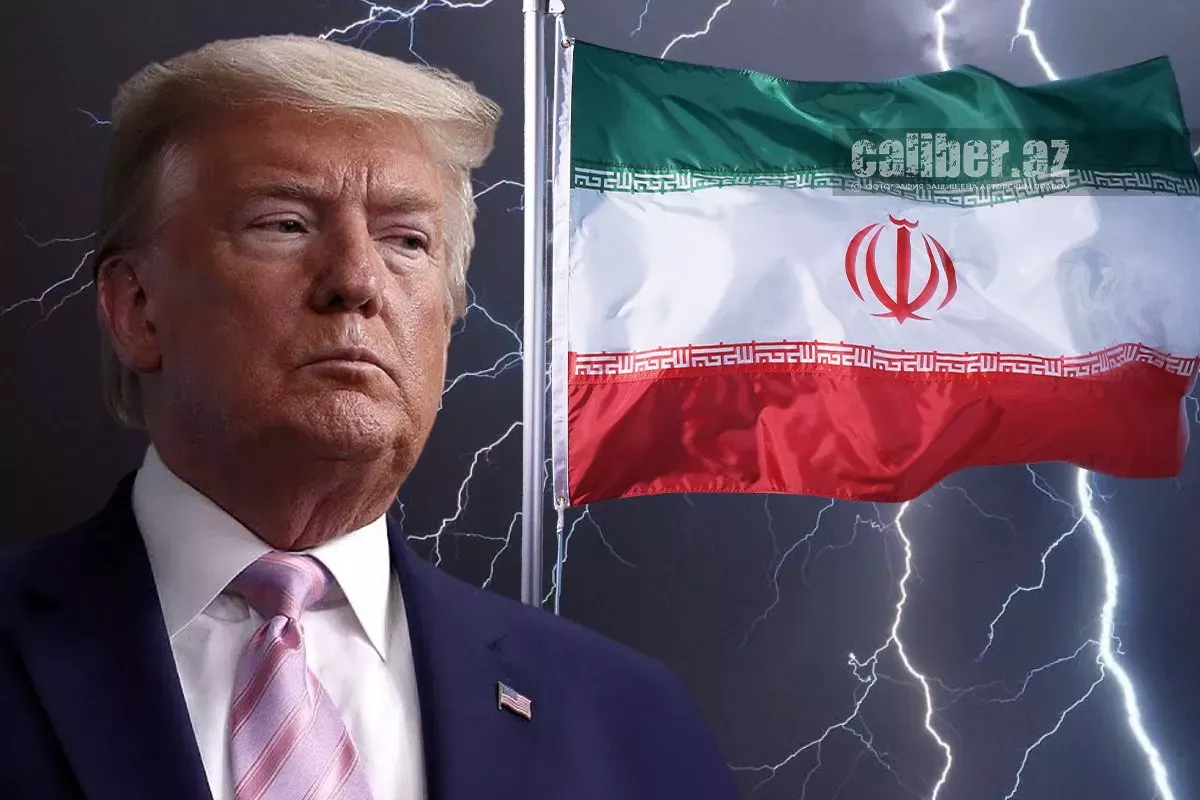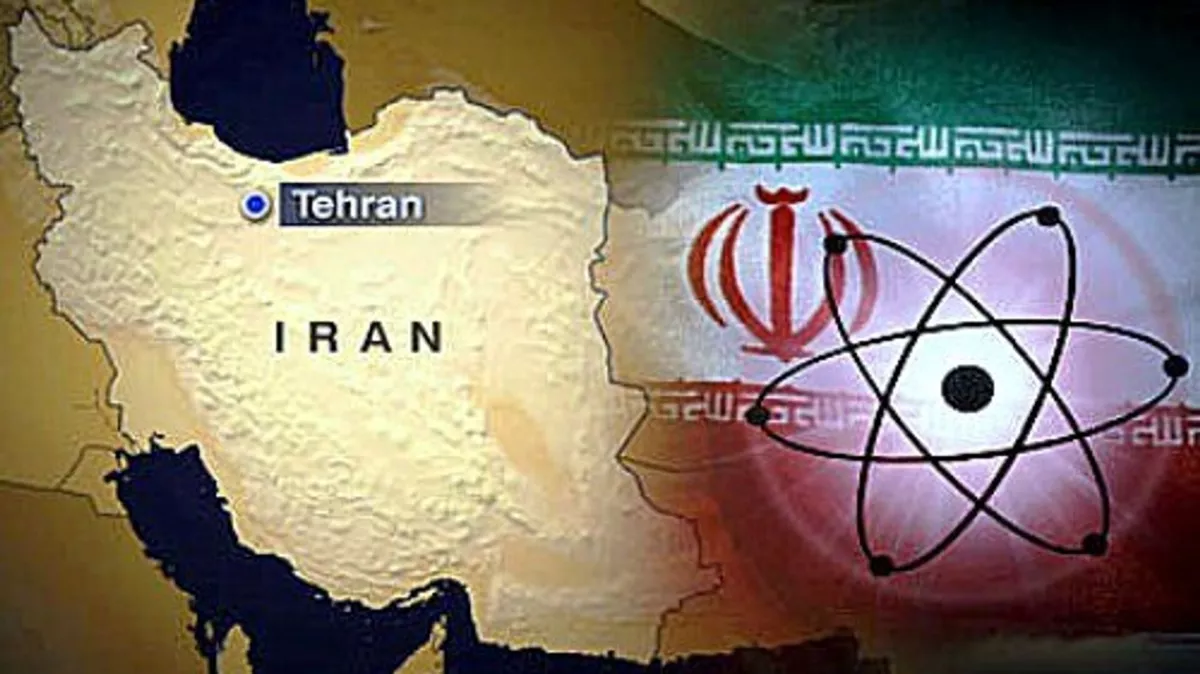Sanctions and Iran’s nuclear dilemma European trio gives Tehran 30 days
The trio known as the “European Three” has announced its intention to activate the so-called snapback mechanism for the immediate reimposition of sanctions. The United Kingdom, France, and Germany sent a letter to the UN Security Council stating that the Europeans will soon initiate the process of imposing UN sanctions on Iran. However, Iran has been given 30 days to consider its response.
After Israel and the United States struck Iran’s air defence systems and subsequently targeted its defence and nuclear facilities, the “trio” held several rounds of negotiations with Iran. They insist on Iran’s return to the 2015 nuclear deal, under which some economic sanctions were lifted in exchange for Iran’s commitment not to enrich uranium above 3.67 per cent, a level suitable for civilian purposes. Since then, Iran has enriched approximately 400 kilograms of uranium to 60 per cent, and according to some reports, reached 88 per cent. This indicates that Iran is critically approaching the threshold for creating a nuclear weapons core. The three European countries have threatened sanctions if Iran does not return to the terms of the 2015 agreement.
Iran did not immediately begin violating the terms of the nuclear deal. Overall, it had been complying with them, but in 2018, the United States—which, along with European countries, had signed the agreement—unilaterally withdrew from it. This occurred during Donald Trump’s first presidential term. Subsequently, the U.S. reimposed sanctions on Iran, this time targeting most sectors of its economy. Any company doing business with Iran faced the threat of American sanctions—fines and the possibility of being barred from operating in the enormous U.S. market.
In Tehran, however, there were hopes that European corporations would continue cooperating with Iran. Yet European companies that had been considering investing in Iran before Trump’s 2018 decision began abandoning those plans. Unlike the U.S., the European powers did not withdraw from the nuclear deal at that time. But trade with Iran was curtailed to relatively low levels. At that time, the Iranian market was worth around $400 billion, while the American market was valued at $22 trillion. The choice was obvious—and it was not in Iran’s favour.
This situation, in turn, caused frustration in Tehran. Iranian authorities decided that they, too, would no longer fully adhere to the nuclear deal and began enriching uranium to levels approaching weapons-grade. Supreme Leader Ali Khamenei and his inner circle apparently viewed this as a means of pressuring Washington and European capitals, intending to compel them to return to the 2015 nuclear agreement. However, this did not happen.

Iranian leaders miscalculated. Trump returned to power in the United States and, together with Israel, destroyed numerous nuclear facilities in bombing campaigns. The 12-day war in June resulted in a series of defeats for the regime, and its nuclear programme may have been set back by two years. However, according to some in the U.S. intelligence community, Iran has retained a certain amount of enriched uranium and a few enrichment facilities, which could potentially allow it to produce several miniature nuclear devices in the near future—but this remains speculative.
Returning to the European Union: although the Europeans abandoned plans for large-scale investment in Iran after Trump’s anti-Iranian sanctions in 2018 and did not expand economic ties, their trade with the country is still not insignificant. Iran’s main European partners are Germany, Italy, and the Netherlands. According to Eurostat, trade between Iran and EU member states reached €4.732 billion in 2023. For an Iranian economy in deep crisis, this is a significant sum. Losing these revenues could deal a new, additional, and painful blow.
And today, Europe—more specifically the “Trio,” consisting of the most influential European powers—is threatening Iran with sanctions if it does not return to the terms of the 2015 deal, which would require abandoning uranium enrichment above 3.67 per cent—a level sufficient for civilian purposes. It is likely that the Europeans are acting under pressure from Trump. His broader goal is a new deal with Iran: lifting economic sanctions in exchange for a complete halt to enrichment.
Not only would Iran lose the ability to develop nuclear weapons while preserving Israel’s nuclear monopoly, but it would also become more dependent on external powers. It is expected that this would place Iran’s civilian nuclear sector entirely under the influence of imported enriched uranium, making the country more dependent on foreign powers both economically and politically.

Iran refuses to comply with Trump’s conditions. This makes new strikes against it by the U.S.-Israeli coalition—another escalation of the war—almost inevitable. Another lever of pressure comes from the European powers and their threat of sanctions. However, the United Kingdom, France, and Germany are not only acting under Trump’s influence; they also fear the emergence of Iranian missiles armed with nuclear warheads.
The “European Trio” is now insisting on continued negotiations, giving Iran one month to consider its response before moving to sanctions. “The E3 are committed to using every diplomatic tool available to ensure Iran never develops a nuclear weapon,” the letter states. “The E3's commitment to a diplomatic solution nonetheless remains steadfast. The E3 will fully make use of the 30-day period following the notification in order to resolve the issue giving rise to the notification.”
So, there are still 30 days before European sanctions—covering Iran’s financial, banking, hydrocarbon, and defence sectors—are reinstated.
Iran has previously warned of a “harsh response” if the sanctions are restored. But so far, these are just words. The country’s leadership has not demonstrated the capacity to mount an effective response to direct military strikes by the U.S. and Israel.
The prospect of tightened international restrictions threatens further isolation of the Islamic Republic and the collapse of its economy. Within the regime in Tehran, divisions remain: hardliners call for defiance and confrontation with the West, while moderates advocate diplomacy. Against this backdrop, the Iranian currency, the rial, continues to weaken.








